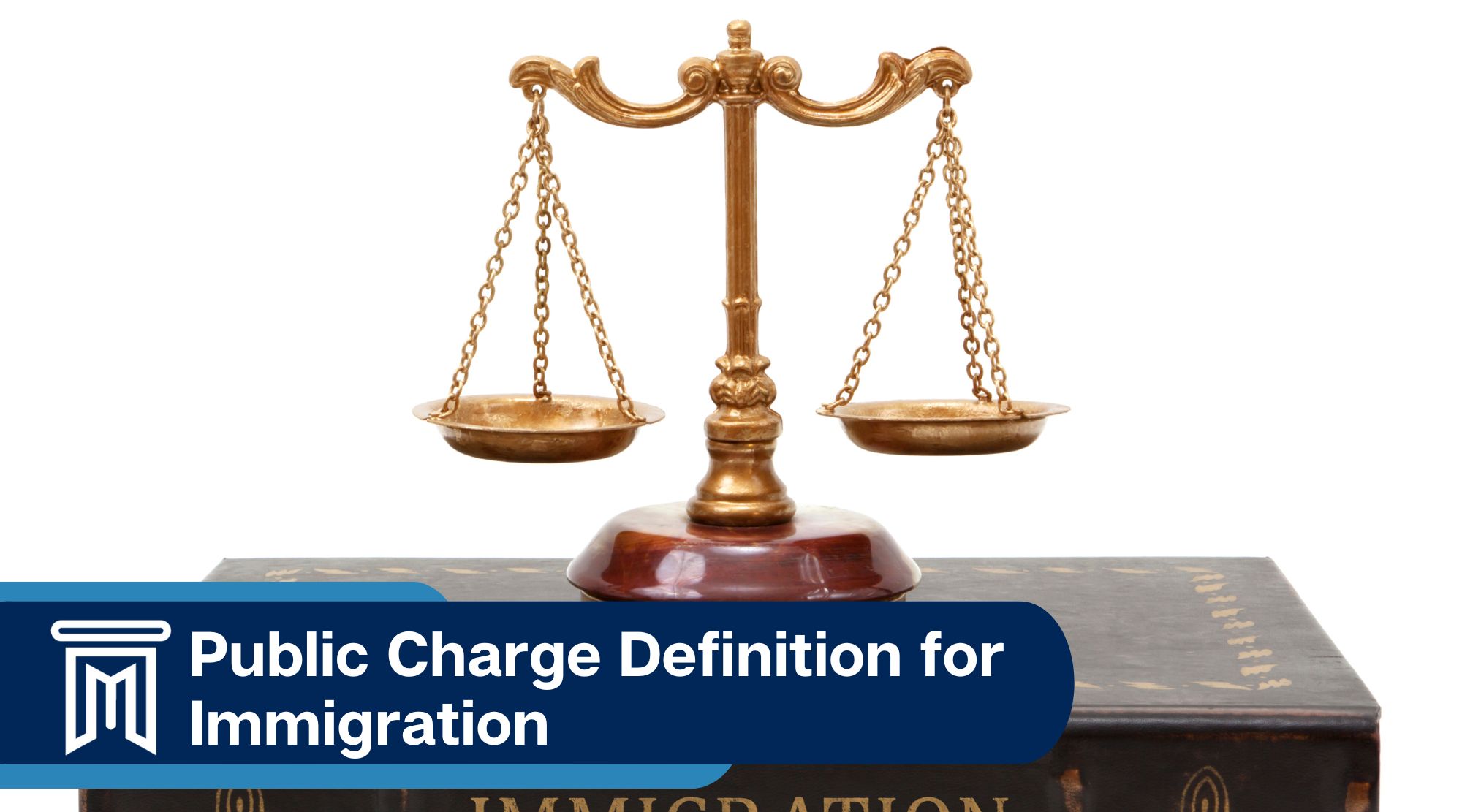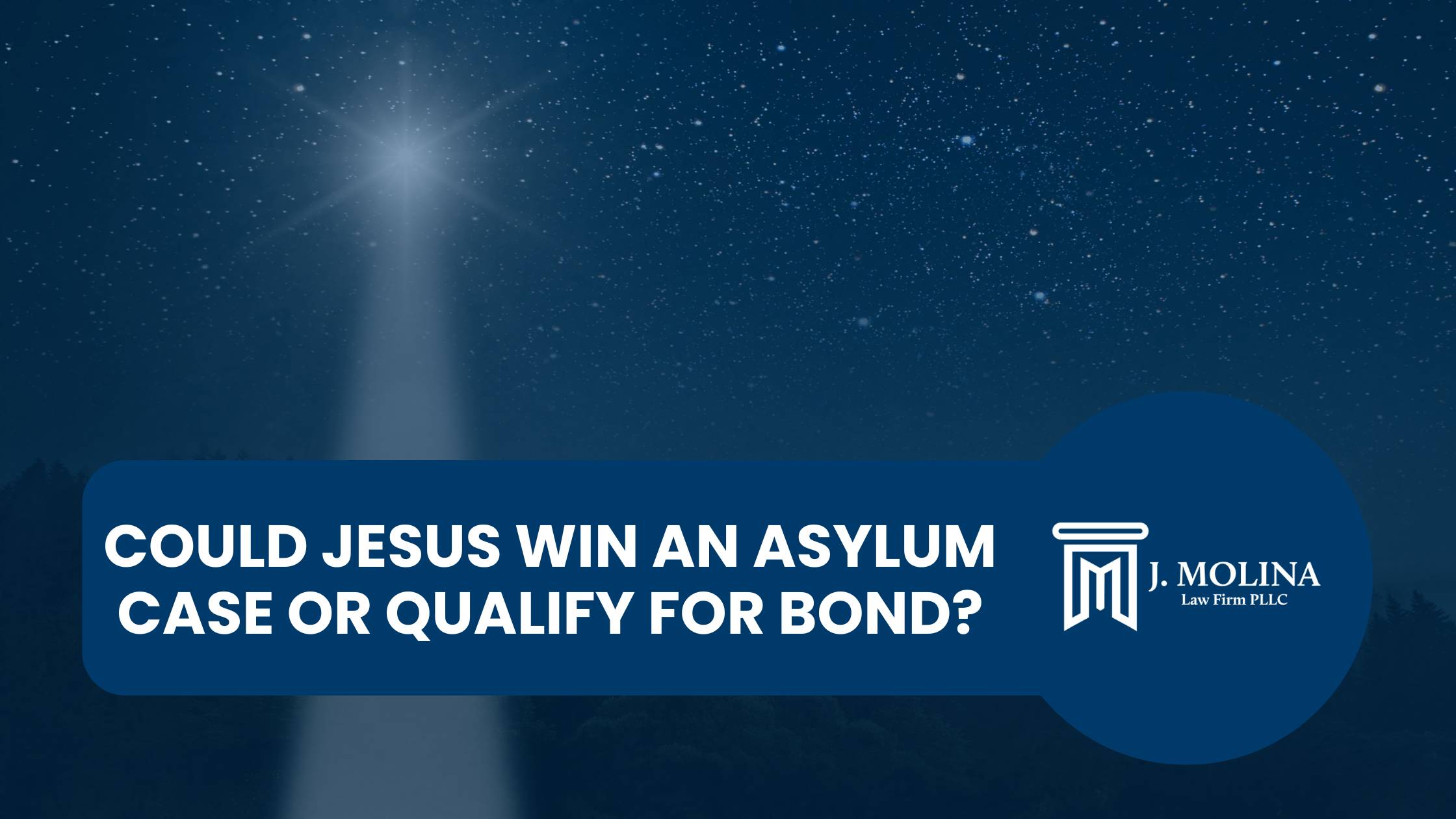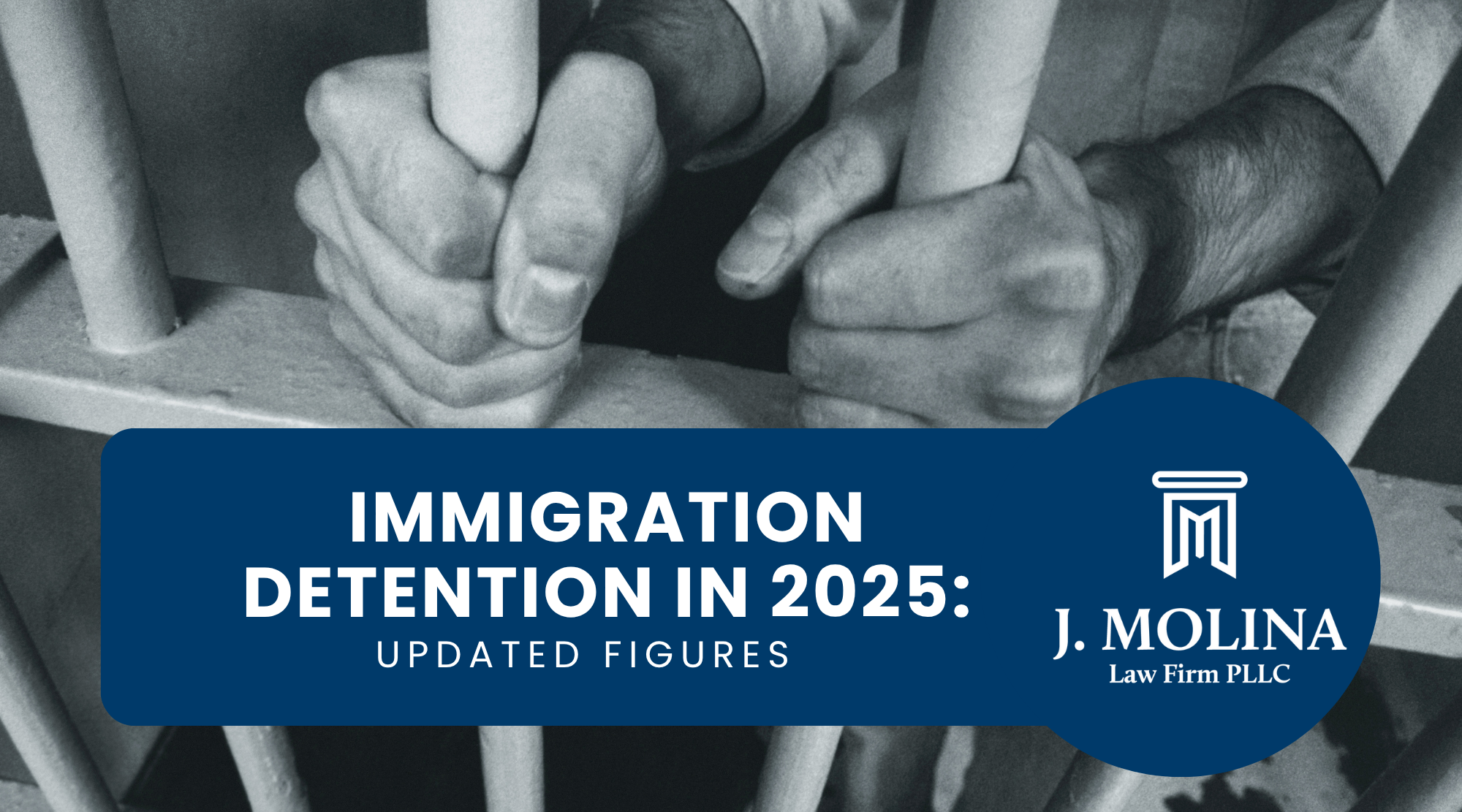If a noncitizen is “likely at any time to become a public charge,” Congress might deny their visa, entry, or change of status. Public charges are “primarily dependent on the government for subsistence,” according to the U.S. Department of Homeland Security (DHS) bases public charge inadmissibility on a noncitizen’s potential of being principally dependent on the government for subsistence, as shown by either public cash assistance or long-term institutionalization at government expense.
On September 22, 2022, the DHS Secretary revoked the public charge rule. However, the pre-August 2019 public charge policy is still in effect. This means only certain government benefits are considered in public charge determinations and income and asset requirements are lower than under the past rule.
When reviewing Form I-485, Application to Register Permanent Residence or Adjust Status, USCIS must apply this public charge inadmissibility finding to most noncitizens applying for a Green Card. Few U.S. noncitizens are both inadmissible on the public charge ground and eligible for public benefits before adjustment of status under the 2022 Final Rule.
The following is a non-exhaustive list of noncitizens, exempt from the public charge ground of inadmissibility when applying for visas, admission, or adjustment of status:
- Asylees and refugees
- Cuban and Haitian entrants at adjustment of status
- Applicants seeking adjustment under the Cuban Adjustment Act
- Nicaraguans and other Central Americans who are adjusting status to Legal Permanent Residence (LPR)
- Haitians who are adjusting status to LPR
- Special immigrant juveniles
- Applicants seeking Temporary Protected Status (TPS)
- Self-petitioners under the Violence against Women Act (VAWA)
Even so, relatively few applicants will be both subject to the public charge ground of inadmissibility and eligible for these public benefits prior to adjustment of status. For more information on which categories of noncitizens could be considered as, or exempt from, a public charge ground of inadmissibility, contact an expert immigration attorney!



